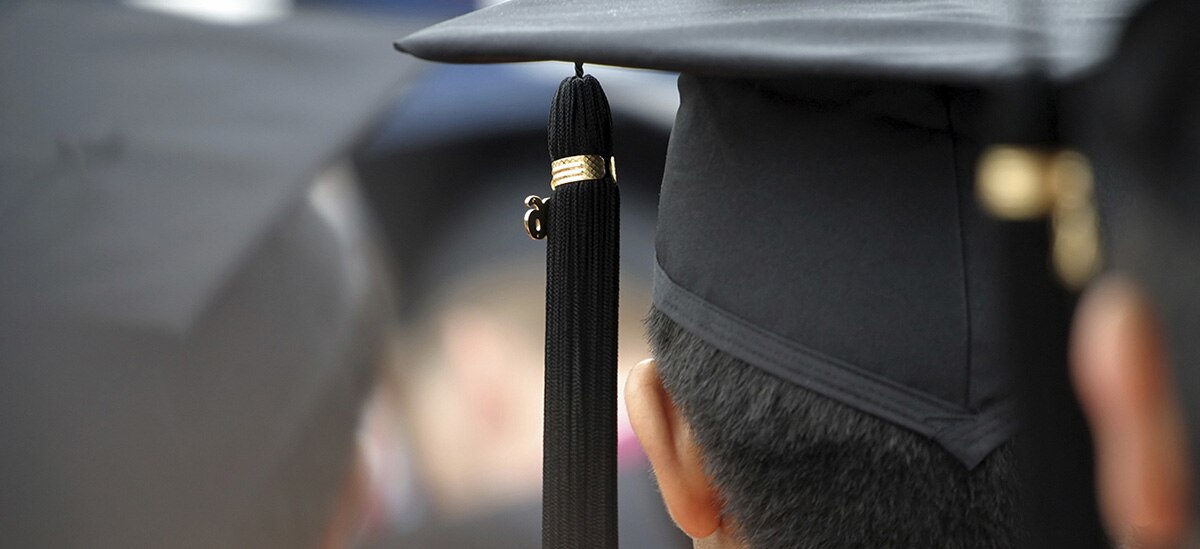
As a recent college graduate, it's likely that you have student loan debt. According to the National Center for Education Statistics:
"From academic years 2006-07 to 2010-11, the percentage of first-time, full-time undergraduate students at 4-year degree-granting institutions receiving any financial aid increased from 75 to 85 percent."
With an average 4-year tuition cost of $21K, and more and more students taking on student loan debt, a portion of your salary will go directly to paying off this debt. For the next few years after college a good portion of an average salary is used to pay down the balance of student loan debt.
However, if you research investment strategies, you’ll see the same advice over and over again: Start investing early and use time to your advantage.
Starting early puts the power of compounding interest on your side. That means the earlier you start saving, the more your money grows, and saving just a small amount early in your career can make a big difference. This also means that you are faced with a difficult question — should you pay off student loans first or invest the money instead?
Before you can answer that question, you should evaluate your personal situation.
Do you have any other debt?
Do you have any other debt aside from student loans, such as credit card debt, car loans, or medical bills? Even though your balance of student loan debt will typically be higher, these other types of debt often have higher interest rates. In order to save money on fees and interest, you should consider prepayment on these loans first, as they often have higher interest rates. In addition, student loans often give you more flexibility in terms of deferring payments, whereas waiting to pay credit card debt will most certainly affect your credit score negatively.
How much money do you have saved?
If you lack emergency savings and you have an unexpected expense, you will cause yourself more stress than necessary. Emergency savings of 2–3 months of expenses at a bare minimum will help you manage most unexpected expenses such as hospital bills or car accidents. Take some time to build up an emergency savings fund first before you consider investing or paying off more on your student loans than necessary.
If you have all other debts in check and you have already set aside your emergency cash, you can now consider if it is better for you to pay off student loans or invest.
What types of loans do you have?
Typically, government-issued loans have a fixed interest rate. If you do not have a fixed interest rate, then it may be wiser to pay off as much of that loan as possible before you consider putting your money into investments. But keep in mind that it is worth reviewing all types of loans and repayment terms to truly determine what type of debt to pay down or, instead, whether you should invest.
Are you ready to risk investing?
Investing typically involves some level of risk, and some investments are safer than others. When investing, there is a trade-off between the risk you take and the reward you earn. The higher the risk becomes, the more money that could be returned on your investment, but you also take on greater risk of losing some or all of your investment. Only you can determine the level of risk tolerance you’re comfortable with.
After you have taken the time to evaluate your current situation and your thoughts on your current debt and risk tolerance, you can decide if you are ready to invest. Talking it through with a financial advisor can help, too.




